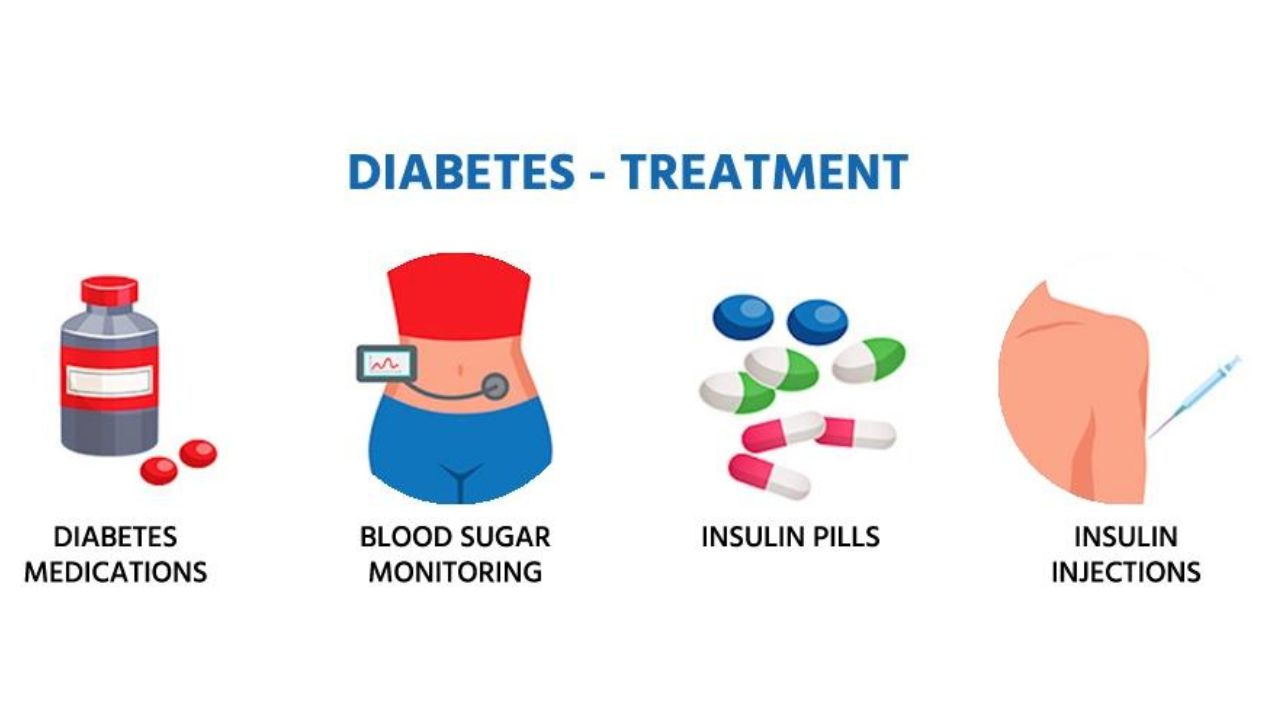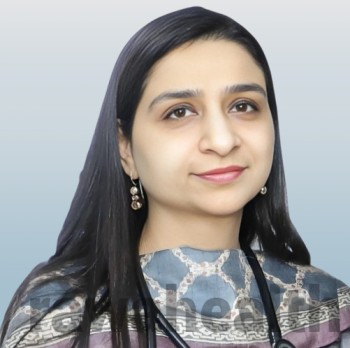Diabetes Treatment in India: Comprehensive Care and Advanced Options
Overview of Diabetes
Diabetes is a chronic medical condition that affects the body’s ability to regulate blood glucose (sugar) levels. Glucose is a vital source of energy for the body’s cells, especially for muscles and tissues. It also plays a crucial role in brain function, serving as the primary energy source for the brain. Diabetes primarily involves the pancreas, an organ located behind the stomach, which produces insulin—a hormone necessary for glucose to enter the body’s cells and be used for energy. When you have diabetes, either your pancreas does not produce enough insulin, or your body cannot use insulin effectively, leading to elevated glucose levels in the blood. If left unmanaged, high blood glucose levels can cause serious health complications.
Types of Diabetes
There are three main types of diabetes:
- Type 1 Diabetes: This is an autoimmune condition where the body’s immune system attacks and destroys insulin-producing cells in the pancreas. It usually develops in childhood or adolescence and requires lifelong insulin therapy.
- Type 2 Diabetes: The most common type, it occurs when the body becomes resistant to insulin or when the pancreas does not produce enough insulin. It is often associated with obesity, sedentary lifestyle, and genetic factors.
- Gestational Diabetes: This type occurs during pregnancy and usually resolves after childbirth. However, it increases the risk of developing type 2 diabetes later in life.
Symptoms of Diabetes
Common symptoms of diabetes include:
- Increased thirst
- Frequent urination
- Unexplained weight loss
- Extreme fatigue
- Blurred vision
- Slow-healing wounds
- Frequent infections
- Increased hunger
- Irritability
Causes and Risk Factors
Several factors can contribute to the development of diabetes:
- Genetic predisposition: A family history of diabetes significantly increases the risk.
- Obesity: Excess weight, particularly around the abdomen, is a major risk factor.
- Age: The risk of developing type 2 diabetes increases with age, especially after 45.
- Sedentary lifestyle: Lack of physical activity contributes to obesity and insulin resistance.
- Pancreatic damage: Conditions affecting the pancreas, such as pancreatitis, can impair insulin production.
- High blood pressure: Hypertension is closely linked to the development of type 2 diabetes.
Diabetes Treatment in India
India is renowned for offering comprehensive and affordable diabetes care. Treatment plans are personalized based on the type of diabetes and the individual’s health condition. The primary goals of diabetes management are to maintain blood glucose levels within a target range, prevent complications, and improve quality of life.
Treatment Approaches Include:
- Medications: Oral medications and insulin therapy are common treatments. India offers a range of pharmaceutical options, including the latest drugs and insulin delivery systems.
- Lifestyle Modifications: Dietary changes and regular physical activity are crucial components of diabetes management. Indian healthcare providers often emphasize a balanced diet and exercise regimen tailored to the patient’s needs.
- Monitoring: Regular monitoring of blood glucose levels is essential for effective diabetes management. Advanced glucose monitoring devices are widely available in India.
- Education and Support: Diabetes education programs in India aim to empower patients with the knowledge and skills needed to manage their condition effectively.
Why Choose India for Diabetes Treatment?
India is a preferred destination for diabetes treatment due to the availability of highly skilled endocrinologists, state-of-the-art medical facilities, and cost-effective treatment options. Patients receive world-class care that focuses on both the medical and lifestyle aspects of diabetes management.
Whether you are seeking preventive care or advanced treatment for diabetes, India offers a comprehensive approach that addresses all aspects of the disease, helping patients lead healthier, more fulfilling lives.





